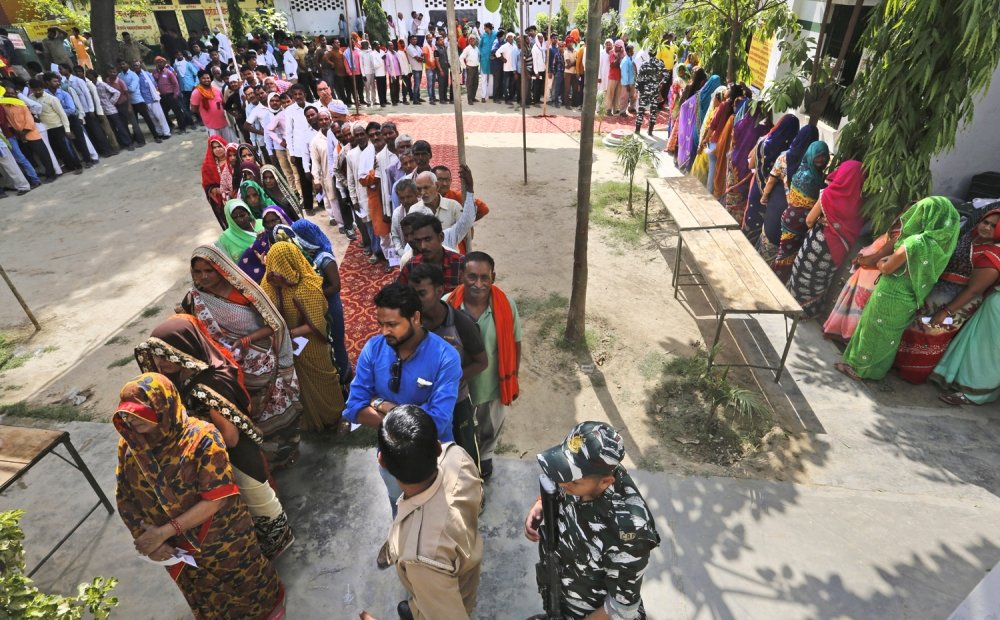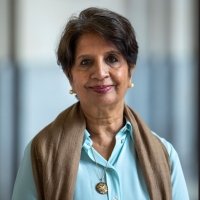Ground Truth Briefing | What to Make of India's Election Results?

Over a six-week period that concluded on May 19, India—the world’s largest democracy, a rising global power, and an important U.S. partner—held national elections. This Ground Truth Briefing will assess the election results and their implications for India, America, and the world.
Selected Quotes
Nirupama Rao
“It’s been an election basically fought by Mr. Modi, for Mr. Modi. In many senses, it was an endorsement of Narendra Modi by a vast cross-section of the huge population of India.”
“The voices rising from the heartland have spoken really in this election. And I think that it's something for us to ponder. One media person referred to it as a ‘cultural revolution.’ And I think, perhaps, we should dissect it in those terms.”
“What Mr. Modi has, I believe, awakened within the majority Hindu population is a sense of pride, and an assertion of identity.”
Iain Marlow
“It’s sort of more of a gut appeal that I think Prime Minister Narendra Modi has—just with ordinary voters in India. People trust him, they like him, and they voted for him in droves.”
“There's a lot of support… for that sort of more communal politics. It doesn't come from every leader. It certainly it doesn't always come from the highest leader. Sometimes it comes from the states, and from some lower-down leaders. The BJP fielded someone who was accused of terrorism in Bhopal. And that person won. So that type of politics works, I think, in India at the moment.”
Narayan Lakshman
“I think the sheer extent of the victory, and the absolute feel of it all over India, [and] all parts of India, speaks to a much deeper protest that goes far beyond even the campaigning months just before the election.”
“This looking like the ascendancy of the BJP. I would not be surprised if they came back again for another term.”
Speakers

Former Indian Foreign Secretary; Former Indian Ambassador to Washington and Beijing
Moderator

Hosted By

Indo-Pacific Program
The Indo-Pacific Program promotes policy debate and intellectual discussions on US interests in the Asia-Pacific as well as political, economic, security, and social issues relating to the world’s most populous and economically dynamic region. Read more
